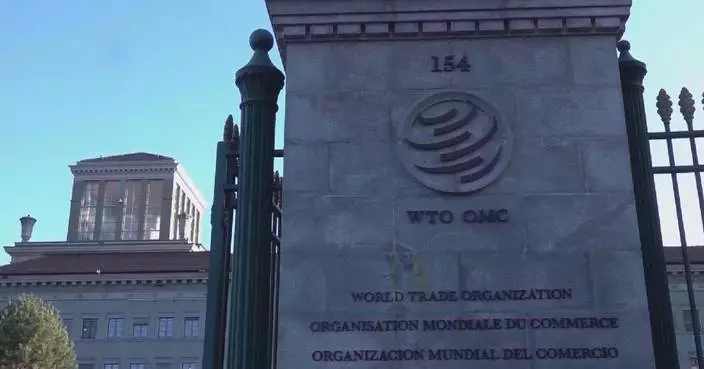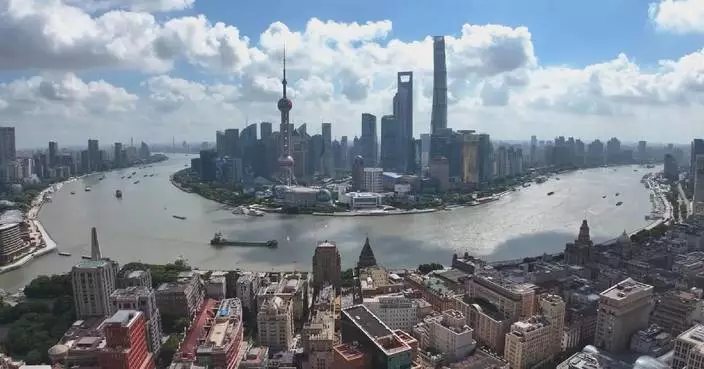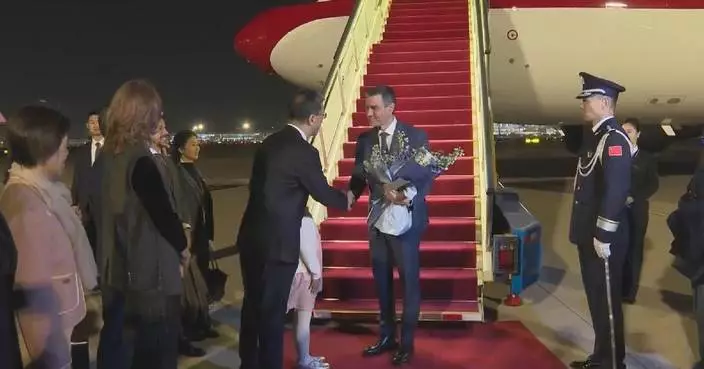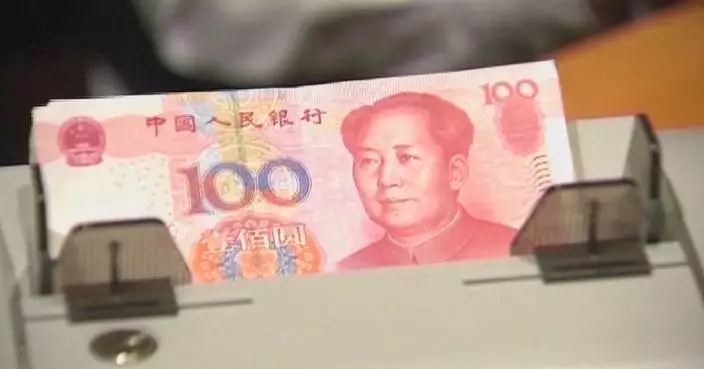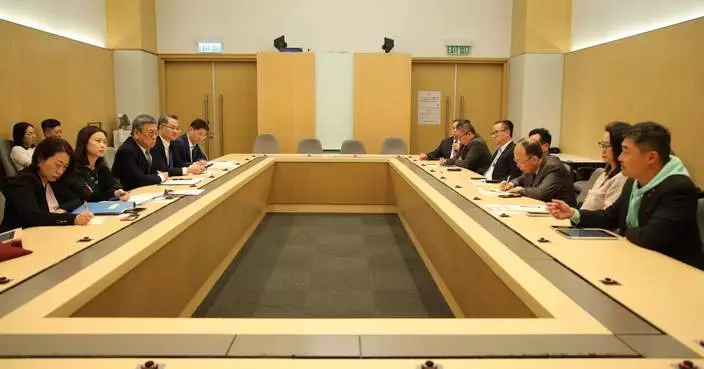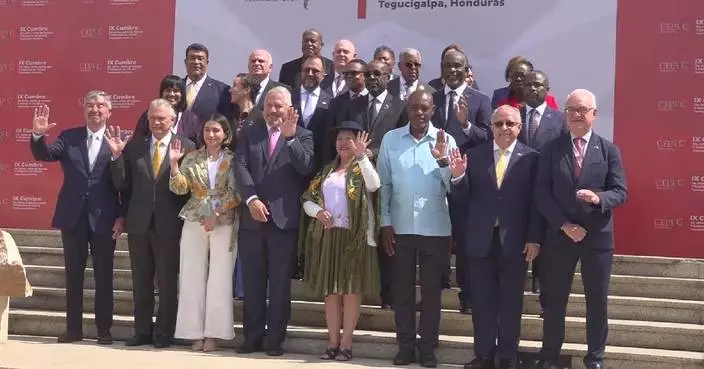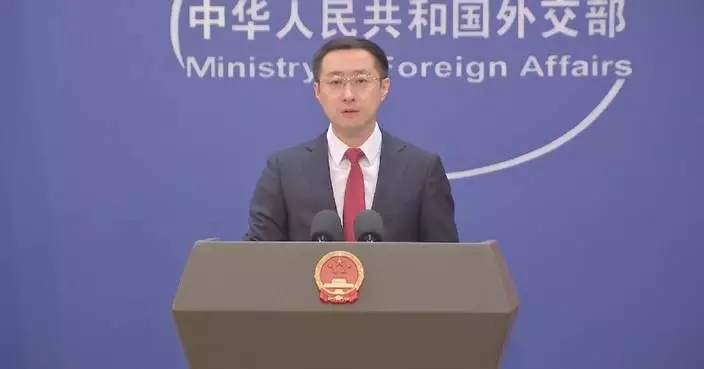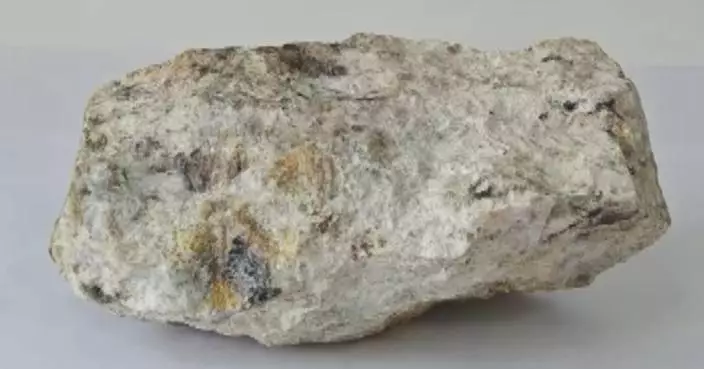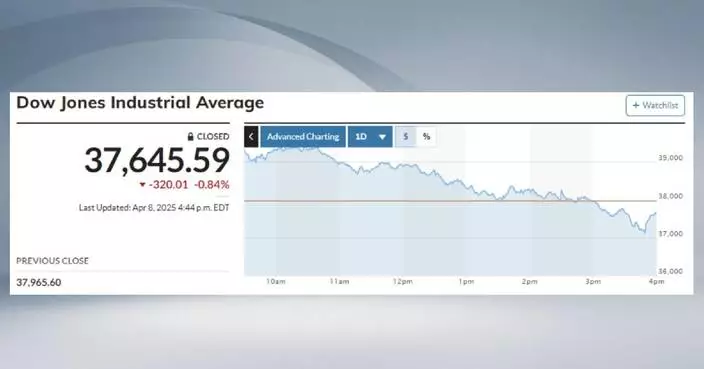China Coast Guard (CCG) vessels on Tuesday conducted law-enforcement patrols in waters around Taiwan Island in accordance with the one-China principle, said a spokesperson.
CCG fleets carried out drills such as inspection, capture, interception and detention operations against unwarranted vessels, said Zhu Anqing, spokesperson of the CCG's East China Sea Bureau.
Taiwan is a province of China, and these drills are concrete actions to exercise legitimate jurisdiction and control over the island in accordance with the one-China principle, Zhu said.
According to Zhang Chi, a professor of Chinese People's Liberation Army (PLA) National Defense University, CCG's operations have been a highlight during joint military drills surrounding the island of Taiwan in recent years.
"In the 'Joint Sword-2024A' exercises in the first half of last year, an important breakthrough was that the main battleships and battleplanes of the Eastern Theater Command closed in on areas around the island of Taiwan, acting in concert with CCG ships to enter so-called 'restricted waters' near Wuqiu and Dongyin islands for law-enforcement patrols. This has given a clear warning to 'Taiwan independence' separatist forces. Also, in the 'Joint Sword-2024B' drills in the second half of last year, there was another breakthrough – the CCG conducted patrols in the waters surrounding Taiwan island. These exercises have demonstrated the close coordination between Chinese military and police, as well as China's firm determination and great capability to lawfully enforce control over Taiwan island in accordance with the one-China principle," Zhang explained.
Zhang noted, "in the latest exercises, CCG's vessel formations once again conducted law-enforcement patrols in waters around Taiwan Island. The reason for it is to consolidate the situation where the PLA conducts routine management and control over the island of Taiwan and the outer islands according to the one-China principle."
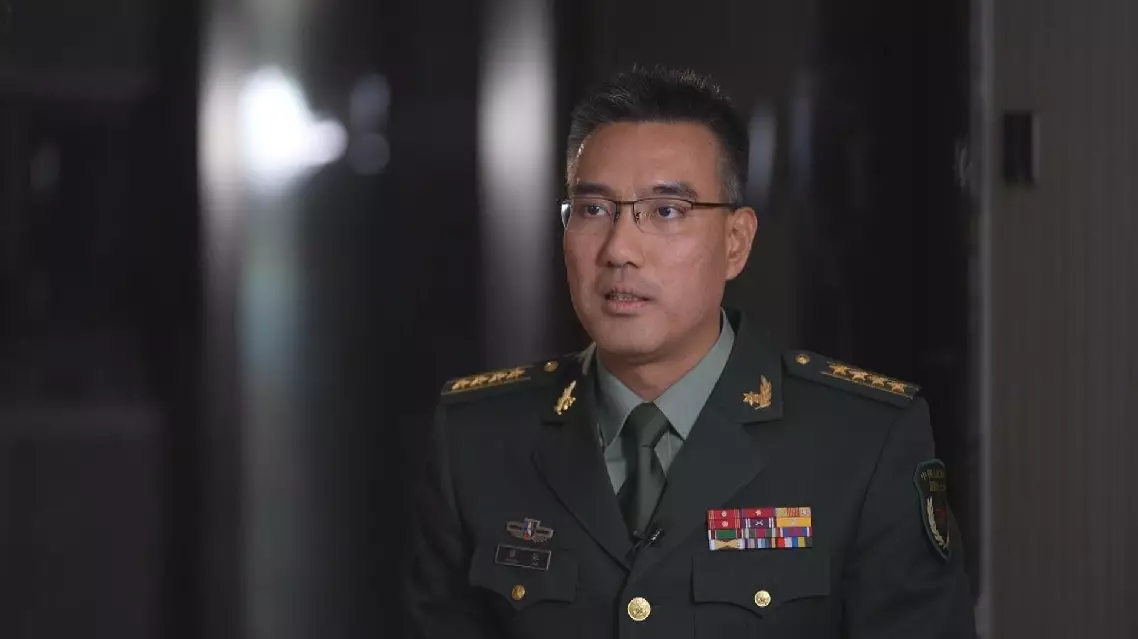
China Coast Guard conducts law-enforcement patrols around Taiwan in line with one-China principle: expert
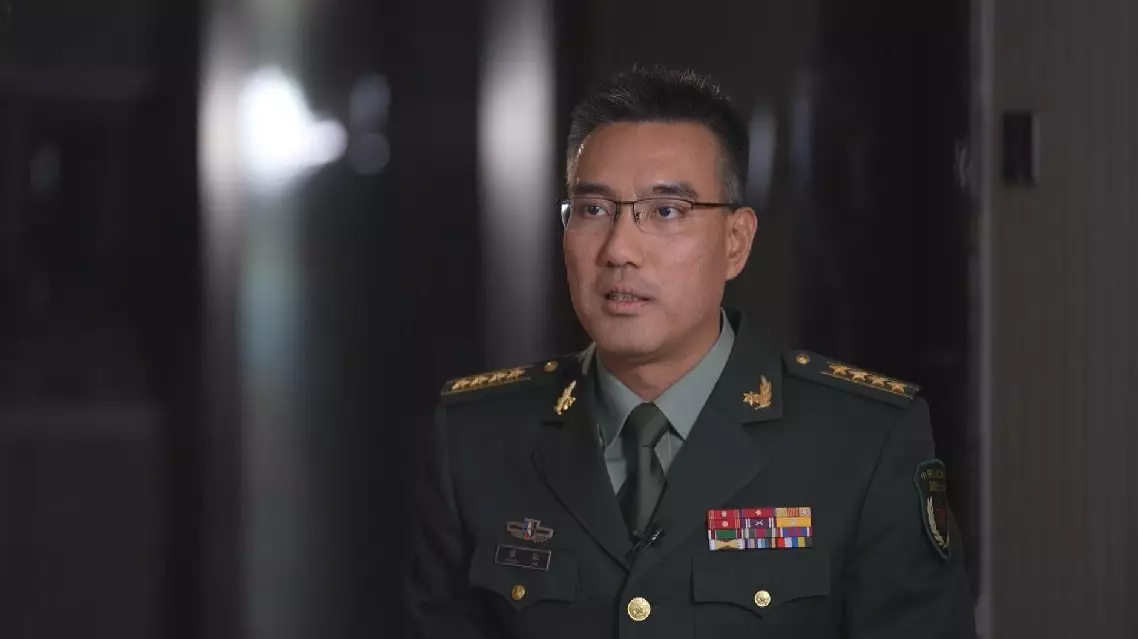
China Coast Guard conducts law-enforcement patrols around Taiwan in line with one-China principle: expert
China is set to break free from the trade barriers imposed by the United States by boosting domestic demand and strengthening partnerships with countries around the world, said an economic scholar.
Shi Jiao, an associate Professor at the Peking University HSBC Business School, made the remarks during a video interview with China Global Television Network (CGTN) on Thursday.
In her analysis, China has long been preparing for potential escalating trade frictions with the U.S. Since 2020, China has adopted a development strategy based on a concept called "dual circulation" to ensure preparedness in the face of uncertainty.
"Dual circulation means two powerful engines driving our economy forward. First, we fuel growth through strong domestic demand, the purchasing power of 1.4 billion Chinese consumers. Second, we deepen international partnership through multilateralism and free trade. We did need to strengthen our domestic markets but look what happened since. In every area where the U.S. tried to hold us back -- AI, robotics, semiconductor manufacturing -- China has made breathtaking advances. And further, despite all these frictions, China's total trade didn't even shrink. It's actually grown spectacularly," she said.
The Chinese government on Wednesday announced that it will raise additional tariffs on products imported from the U.S. to 84 percent, add six U.S. firms to its unreliable entity list, and place 12 U.S. entities on its export control list.
Shi noted that while China is hitting back against U.S. President Donald Trump's so-called reciprocal tariffs, its approach may also involve reducing reliance on the United States as a trading partner.
"We should do exactly the opposite of Trump. Where the U.S. uses force and coercion, China should offer cooperation and integration and assure our partners that this is the sustainable future for the global economy," said the economist.
This would mean expanding China's openness to the world and creating attractive environments for international talents and entrepreneurs, Shi explained.
"First, China needs to attract the best minds from around the world. The Trump administration has weakened U.S. universities, driving away talents. China must create the most attractive environment possible for researchers and scholars. And second, we must open our domestic markets even wider. Entrepreneurs from China or abroad alike should find here the most dynamic consumer markets in the world, one that rewards creativity and turns breakthroughs into real products," she said.
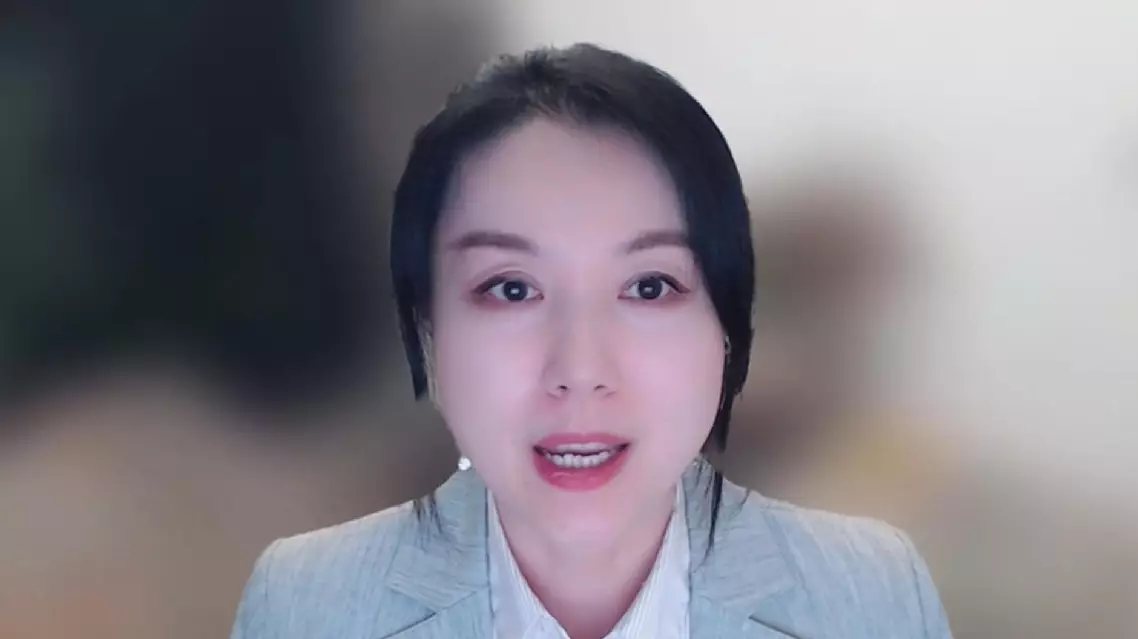
"Dual circulation" strategy to help China weather storm of US tariffs: economist







